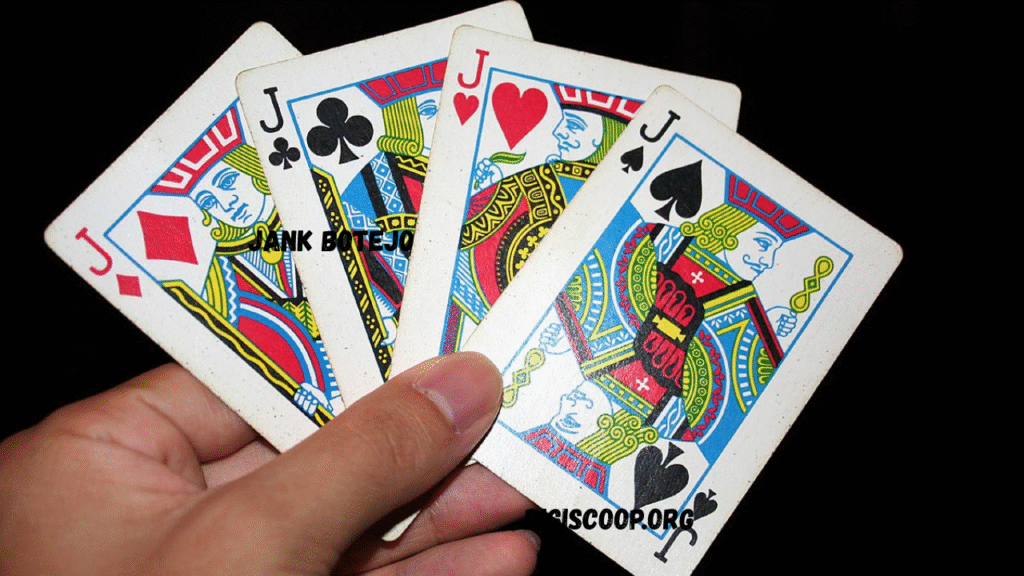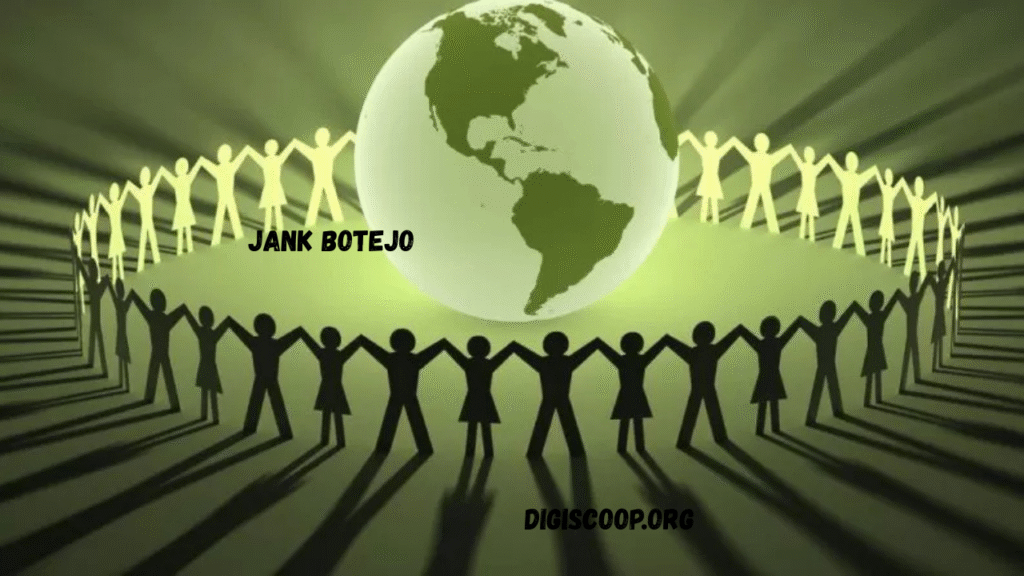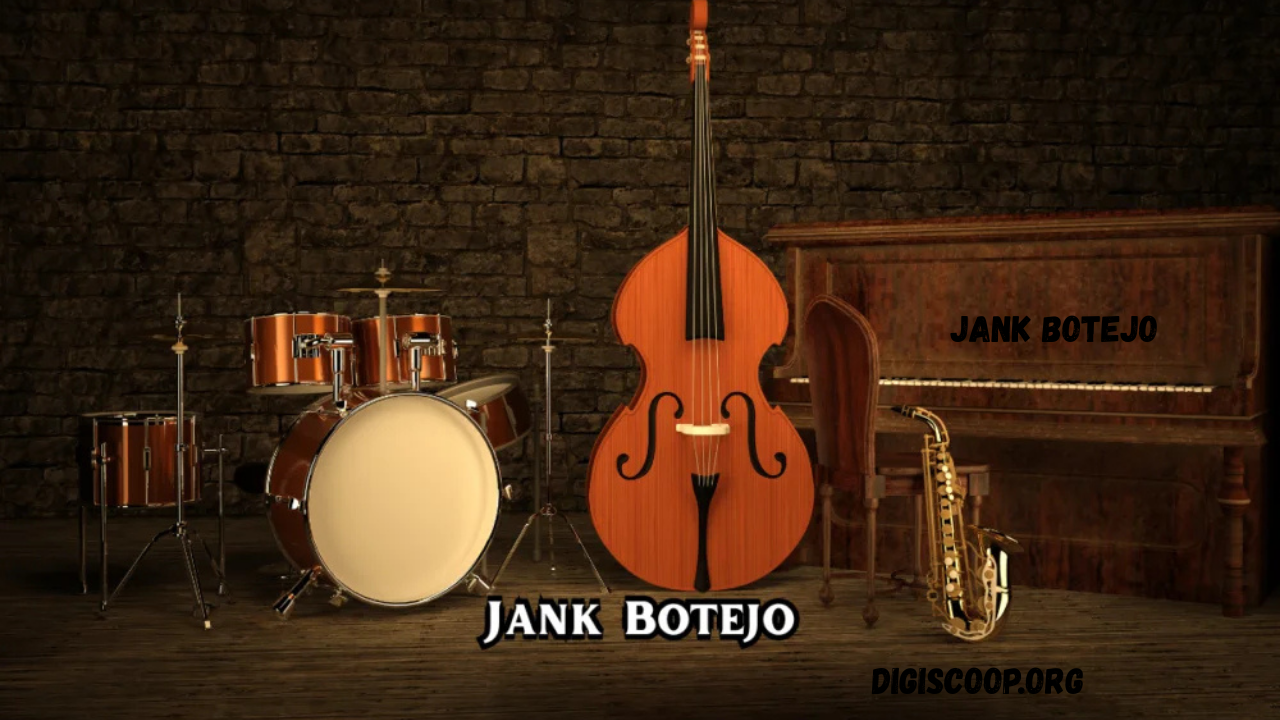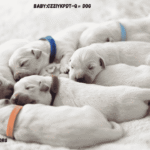Introduction to Jank Botejo, ??, and Bjank Botejo
The phrase “Jank Botejo” (sometimes written as Bjank Botejo or with symbols like “??”) is not a mainstream or widely documented expression in literature, history, or modern communication. Yet, the curiosity surrounding it suggests a deeper cultural, linguistic, or philosophical meaning. Whenever a term or phrase emerges in this way, it raises questions: Is it a proverb? A coined expression? A symbolic phrase tied to a tradition? Or perhaps a metaphor that speaks to something larger?
By carefully exploring Jank Botejo, ??, and Bjank Botejo, we can attempt to unfold their possible significance through language analysis, cultural interpretation, and metaphorical understanding. In this article, we will discuss the phrase in detail, analyze its contextual meaning, and highlight possible interpretations that can make sense of it for readers.
Linguistic Meaning of Jank Botejo

At its core, the phrase Jank Botejo seems linguistically fluid. The word “Jank” could imply strength, identity, or even individuality depending on the cultural lens. Meanwhile, “Botejo” might suggest expression, narration, or a call to action. Together, Jank Botejo could symbolize “speaking as oneself,” “telling one’s story,” or “expressing truth.”
The “??” sign following the phrase introduces ambiguity. It might reflect confusion, curiosity, or an open-ended question. When combined, Jank Botejo, ?? can be seen as a prompt that asks: What does it mean to express oneself? What do we lose if we don’t share our truth?
The alternate form Bjank Botejo might be a stylized or variant spelling. Such variations are common when oral traditions meet written documentation—words shift slightly but retain core meaning.
Cultural and Symbolic Interpretations

If we treat Jank Botejo as a symbolic phrase, several interpretations emerge:
- Voice of the Individual
The phrase can be seen as an encouragement to speak up. It tells us that silence diminishes identity, while expression preserves it. - Collective Storytelling
“Botejo” could imply narration or telling. In this sense, Jank Botejo may represent the importance of passing down experiences across generations. - Philosophical Question
The addition of “??” makes the phrase philosophical. It’s not just a statement but an inquiry: Are we expressing truthfully? Are we heard? - Spiritual Context
Some might see Bjank Botejo as a chant-like phrase, perhaps connected with meditation, prayer, or reflection. It could symbolize a higher call to speak to the universe.
Jank Botejo as a Metaphor for Expression

In a modern sense, Jank Botejo resonates with the idea of freedom of expression. Every human carries a story. The moment we suppress it, we risk erasing a part of ourselves. Jank Botejo could metaphorically stand for:
- Breaking Silence – refusing to let fear stop us from speaking.
- Authenticity – choosing honesty over pretension.
- Resistance – standing firm in difficult times by voicing one’s perspective.
- Healing – as words often carry the power to heal wounds that silence leaves open.
When tied to “??,” the metaphor deepens. It’s as if the phrase is urging us to not only speak but also to question what we say, why we say it, and whether our words align with truth.
Bjank Botejo and Variations of Expression
The variant Bjank Botejo may carry its own cultural twist. Variations often happen when expressions are transmitted across dialects or regions. The “B” addition could indicate a softer or altered pronunciation in a different community.
This flexibility highlights an important aspect of language: it evolves. What starts as Jank Botejo may appear as Bjank Botejo in some circles, while others attach “??” to give it a questioning tone. In every form, the essence remains the same—words carry meaning, and meaning demands interpretation.
Psychological Perspective on Jank Botejo
From a psychological standpoint, Jank Botejo can be read as a call to self-expression for mental well-being. Silence and repression often create inner conflict, while articulation provides relief. Speaking one’s mind, sharing stories, or even journaling can have transformative effects.
- Self-Identity: Jank Botejo affirms one’s identity. By voicing our inner world, we establish who we are.
- Catharsis: It provides emotional release. Suppressed thoughts weigh heavily, but expression lightens the load.
- Connection: By expressing ourselves, we invite empathy and understanding from others.
- Empowerment: Speaking our truth often gives us confidence and courage to face challenges.
Thus, Jank Botejo, ?? becomes not only a phrase but also a mental health reminder—“speak, share, and ask questions.”
Jank Botejo in Modern Context
In a world dominated by social media and digital interaction, Jank Botejo takes on even greater significance. Millions of voices compete for attention online, but not all voices are authentic. In this environment, the phrase reminds us of the value of genuine expression.
- Social Media Expression: Are we truly sharing ourselves, or just curated versions? Jank Botejo urges honesty.
- Public Discourse: Political and cultural conversations benefit when diverse voices are heard. The phrase can be a rallying cry for inclusivity.
- Art and Creativity: Artists often embody Jank Botejo by transforming silence into expression through music, writing, or painting.
Here, the “??” becomes especially relevant. It asks us to reflect: Are we expressing truth or performance?
The Philosophical Dimension of ??
The question marks “??” attached to the phrase demand interpretation. They could symbolize uncertainty, the unknown, or the eternal search for meaning. In philosophy, questioning is as important as answering.
When paired with Jank Botejo, the phrase transforms into a living dialogue:
- Statement: “Speak.”
- Question: “But what do you mean when you speak?”
This duality makes the phrase a philosophical riddle—urging humanity to not only express but also evaluate, refine, and question expression itself.
Conclusion: The Essence of Jank Botejo, ??, and Bjank Botejo
Though mysterious in origin, Jank Botejo, ??, Bjank Botejo captures timeless themes of voice, truth, and inquiry. It represents the struggle and beauty of human expression. Whether read as a call to share stories, a metaphor for freedom, or a philosophical puzzle, the phrase carries weight.
At its heart, Jank Botejo is about authenticity—speaking and questioning. The addition of “??” prevents complacency, reminding us that expression must be honest, purposeful, and reflective. The variation Bjank Botejo shows how language evolves, yet still holds core meaning.
Also Read : The World of artofzio: Exploring Creativity, Vision, and the Power of “??”







